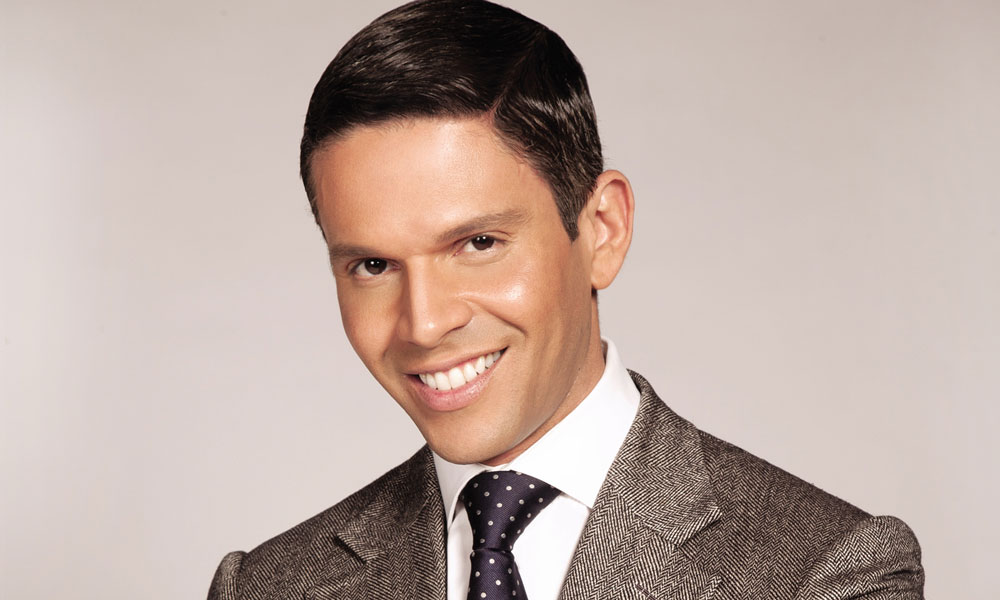
Hispanic Journalists to Assess Race in Spanish-Language Media
After offensive comments led to a Univision host's firing, the National Association of Hispanic Journalists is working to address racism within the Spanish-language media industry.
When Univision host Rodner Figueroa was fired from the Spanish-language network for inflammatory comments he made about First Lady Michelle Obama last month, his swift removal earned the praise of the National Association of Hispanic Journalists.
Now the organization is using the incident as an opportunity to discuss broader issues of racism within Spanish-language media.
What was Figueroa thinking when those words came out of his mouth? Why was it OK for him, at that moment, to compare the First Lady of the United States or any person to an ape?
In a statement, NAHJ President Mekahlo Medina commended Univision for its decision to fire Figueroa and outlined steps that NAHJ will take to address the issue, including adding it to the agenda of its national conference in Orlando this September. And, as Medina vowed, “we will do more than talk.”
The organization will form a task force to design a survey aimed at determining how race is portrayed in both Spanish-language and general-market media. NAHJ will use the findings to put together training programs that will teach journalists and news managers to better understand the ways in which decision-making processes are influenced by race.
The training will be offered at the organization’s Spanish-Language Media in the U.S. conference in July and will be extended, Medina said, “to any newsroom in America that will take the stand that Univision did.”
Tackling Racism on a Deeper Level
The day after he was fired, Figueroa wrote an open letter in which he apologized to the first lady for his remarks, insisting that his comments, which included a reference to the movie “Planet of the Apes,” was not directed at her appearance but at a makeup artist who had transformed himself to look like Obama.
Medina said the comments were inherently offensive and should not have been made at all.
“[W]hat was Figueroa thinking when those words came out of his mouth?” Medina asked. “Why was it OK for him, at that moment, to compare the First Lady of the United States or any person to an ape? And why, still today, does he think that was not racist?”
The incident holds particular importance to the NAHJ president, who described his own experience with racism in his community.
“The whiter you were, the higher value my community placed on you,” he recalled. “It wasn’t just society, it was families. My mom would always say, ‘Stay out of the sun, hijo! You don’t want to get too dark.’ She wasn’t worried about my health, she was worried about how I would be perceived.”
The controversy points to a much more disturbing trend in the media industry as a whole. “All media, for generations, have placed a higher value on the more Anglo-Saxon-looking individuals,” Medina wrote.
“News organizations continuously perpetuate this hierarchy of skin color and race. How many dark-skin or Afro-Latino anchors do you see on Spanish-language newscasts? How many indigenous Latinos do you see on any newscast, English or Spanish?”
While NAHJ can’t completely upend such deeply ingrained institutional racism, the association can work to address the problems from within, Medina noted.
“[W]e as Latino journalists and all journalists should no longer turn a blind eye to the blatant racism that exists in our community or in our newsrooms,” he said. “We must take a stand against it now, and whenever it happens.”
Former Univision host Rodner Figueroa, who was fired last month in a racism controversy. (Handout photo)






Comments